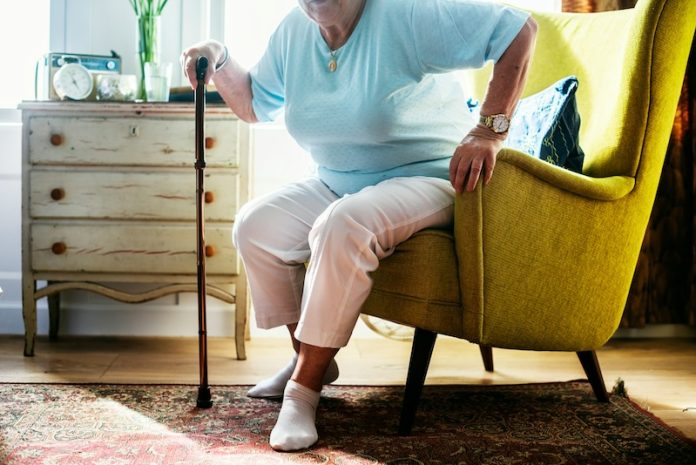
A recent study from the University of Pittsburgh found that older adults who feel very tired after activities are more likely to pass away within a few years.
This research shows that feeling worn out, even from everyday tasks, might be an important sign of serious health problems for older people. It highlights the importance of keeping an eye on fatigue as a possible warning for early death.
In the study, researchers looked at how tired older adults felt after different physical activities, like walking or doing household chores.
They used a special tool called the Pittsburgh Fatigability Scale, created by the University of Pittsburgh in 2014, to measure how tired participants expected to feel after these tasks. The scale is now widely used around the world and has been translated into 11 languages.
The study involved nearly 3,000 people, all aged 60 or older, who were part of the Long-Life Family Study, which tracks the health and longevity of family members.
Participants were asked to rate how tired they expected to feel after doing activities, using a scale from 0 (not tired at all) to 5 (completely exhausted). The activities ranged from light ones, like a 30-minute walk, to more demanding tasks, such as gardening or doing light housework.
After analyzing the responses, researchers found a clear pattern. Those who scored 25 or higher on the fatigue scale were 2.3 times more likely to die within the next few years than those who scored lower. On average, the time between reporting high fatigue and death was about 2.7 years.
This discovery is important because it shows that high levels of fatigue in older adults could be a strong sign of health decline. While many people think feeling tired is just a normal part of getting older, this study suggests it might mean there are deeper health issues that need attention.
It’s not just about feeling tired after being active — it’s about how tired someone feels compared to how much they should be able to handle for their age.
The link between fatigue and early death is particularly concerning because previous research had suggested that regular physical activity can help reduce tiredness.
This study takes that a step further by showing that if older adults feel exhausted even after light activities, they might be at a higher risk of dying sooner.
While the study focuses on the dangers of extreme fatigue, it also hints at solutions. A healthy lifestyle that includes regular physical activity and a balanced diet might help reduce fatigue and improve overall health.
Although the study didn’t directly test these solutions, it aligns with the idea that staying active and healthy can help people live longer, healthier lives.
One of the key findings of this research is that the Pittsburgh Fatigability Scale could become an important tool for doctors and health professionals. By regularly checking how tired their older patients feel, doctors might be able to spot early signs of health problems that could lead to early death.
This could help them recommend lifestyle changes, like more exercise or better nutrition, that might improve their patients’ health and reduce fatigue.
Overall, the study sheds light on an issue that might be easy to overlook. Fatigue in older adults could be more than just a sign of aging — it could be a sign of serious health risks. Taking fatigue seriously and addressing it could help older adults live healthier, longer lives.
This research, published in The Journals of Gerontology: Series A and led by Dr. Nancy W. Glynn, is a reminder that something as simple as feeling tired might be a clue to deeper health concerns.
It suggests that older adults and their caregivers should pay attention to fatigue and take steps to manage it before it leads to more serious problems.
If you care about Alzheimer’s disease, please read studies about the protective power of dietary antioxidants against Alzheimer’s, and eating habits linked to higher Alzheimer’s risk.
For more information about brain health, please see recent studies that oral cannabis extract may help reduce Alzheimer’s symptoms, and Vitamin E may help prevent Parkinson’s disease.
Copyright © 2024 Knowridge Science Report. All rights reserved.



